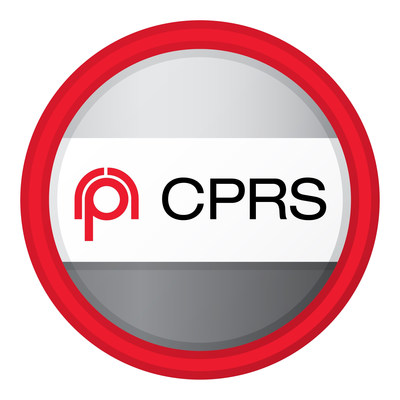Subject: AVO
Journalism and PR share a common purpose: ethical, reputable communication of information
Opinion writer does disservice to both professions by depicting relationship as an adversarial power balance
TORONTO, May 4, 2021 /CNW/ - Jaigris Hodson's recent article on TheConversation.com ("Stopping misinformation means fixing the relationship between journalism and PR") raises some issues the Canadian Public Relations Society (CPRS) has been addressing as well. With the increase in disinformation and misinformation, what are the roles of public relations and journalism?
Let's start the discussion with the definition of public relations. CPRS defines it as "the strategic management of relationships between an organization and its diverse publics, through the use of communication, to achieve mutual understanding, realize organizational goals and serve the public interest." Read that again. There are two very significant phrases here that illustrate what we do: "to achieve mutual understanding" and "to serve the public interest." That means being fully transparent, honest, and considering the public interest in every single statement we make. It matters.
Now let's look at the CPRS Code of Professional Standards, which is posted on the CPRS website, so the public knows who we are, what we do, and our standards. Readers consuming information produced by a CPRS member or employers hiring a PR professional want to know who to trust. If they are a member of CPRS, then that says something about them. The code addresses honesty, fairness, integrity, truth, confidentiality, and conflicts of interest. Members of CPRS abide by this robust code in all the work we do. In research CPRS conducted in 2020, we found that not only do Canadians overwhelmingly support the code, but 83% of the public also agree that CPRS has a role to play in enhancing the code of professional standards. To be fully transparent, CPRS includes a PR register of practitioners who have signed onto our code on our publicly accessible website.
There is strong alignment (80% agreement from both communications and public relations professionals and the general public) that CPRS should provide training, professional support and mandatory accreditation. The CPRS Accreditation in Public Relations (APR) program does just that. Both the Canadian public and communicators see the value of the APR® program. The public is more likely to trust organizations that hire professionals with an APR®. 67% of Canadians believe organizations should only hire communications and public relations professionals who have an APR®.
Some of the concerns Dr. Hodson raises in the article are concerns for our association as well. Misinformation and disinformation are global problems. Where did you read that 'fact'? Was it in a reputable publication, a letter to the editor, an advertorial or maybe a meme on social media? CPRS recently published a Fake News Primer to assist people in identifying misinformation and disinformation and how to stop its spread. We agree with the Canadian Journalism Foundation that everyone needs access to reliable sources of news and information to be engaged in our democracy.
"Public trust is crucial to our work," said Wayne Knorr, CPRS President. "COVID-19 has presented us with a health crisis where communication has never been more critical. Imagine if messages did not get out about keeping your distance, wearing a mask or the importance of vaccines. Yes, there is misinformation out there too, but that is why we urge everyone to consider the source and only share information from reputable sources. Our members strive to be that reputable source for our publics."
According to the 2021 Edelman Trust Barometer, public trust from all information sources is at a record low. However, in 15 of 27 countries, confidence in the media has increased slightly. It also appears that people are beginning to exercise a more critical approach to information. They are learning to consider the source and to search for corroborating information. This gives us hope for the future, further highlighting the role public relations and journalism must continue to play as we educate the public on identifying false information and how to stop the spread.
As public relations professionals, our relationships with journalists are important to us," said Knorr. "Relationships between PR pros and journalists can always improve but viewing that relationship as a 'power balance' goes against what we are taught and how we practice."
Journalists tell meaningful stories and share vital information with Canadians ? never more important as we grapple with a global pandemic. As PR professionals, we want to be sure they get their facts from a trusted source. Journalists who fact-check us and consult other sources only strengthen our relationships when they learn our information is accurate. We believe it serves the public interest when their story provides varying points of view, and we do not shy away from that stringent lens. We stand firmly in our truth.
The writer focuses on the damage that unethical PR does to public trust, and we could not agree more. Ethics work both ways. Ensuring that journalistic standards are maintained is important to maintaining a relationship that informs and engages the public, rather than leaving them vulnerable to unethical practices unchecked by journalists or professional associations.
"As with many professions, there are always a few who give it a bad name," concluded Knorr. "Some call themselves communications professionals but do not have any professional affiliations at all. At CPRS, we know ethics matter. Professional standards matter. And membership matters."
SOURCE Canadian Public Relations Society
These press releases may also interest you
|
News published on and distributed by:




